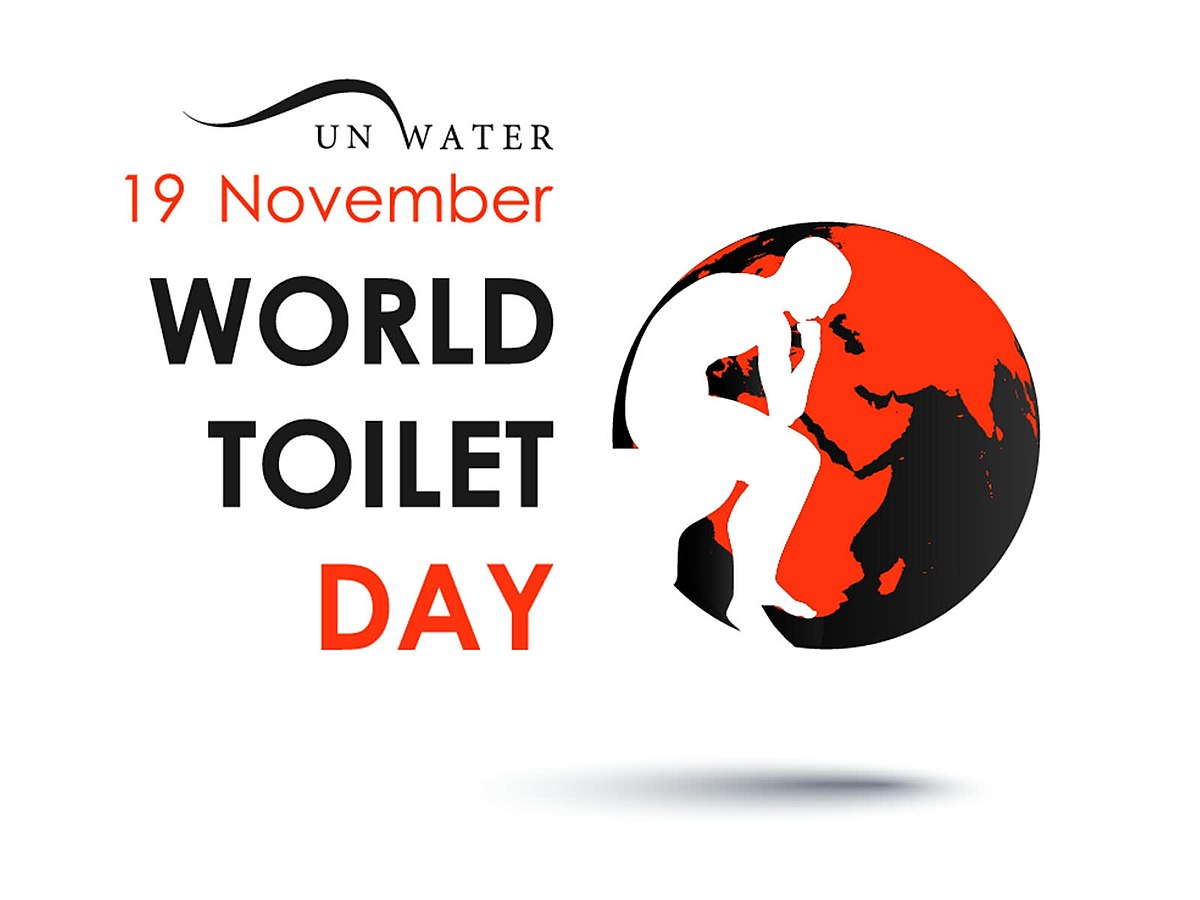“Who cares about toilets? 3.6 billion people do; because they don’t have one that works properly.”
That is the starting point of this 2021 Campaign for World Toilet Day. The Observance celebrates toilets and raises awareness of the 3.6 billion people living without access to safely managed sanitation.
When some people in a community do not have safe toilets, everyone’s health is threatened. Poor sanitation contaminates drinking-water sources, rivers, beaches and food crops, spreading deadly diseases among the wider population.
This year’s theme is about valuing toilets. The campaign draws attention to the fact that toilets – and the sanitation systems that support them – are underfunded, poorly managed or neglected in many parts of the world, with devastating consequences for health, economics and the environment, particularly in the poorest and most marginalized communities.
On the other hand, the advantages of investing in an adequate sanitation system are immense. For instance, every $1 invested in basic sanitation returns up to $5 in saved medical costs and increased productivity, and jobs are created along the entire service chain.
For women and girls, toilets at home, school and at work help them fulfil their potential and play their full role in society, especially during menstruation and pregnancy.
The solution is about taking action to tackle the global sanitation crisis and achieve Sustainable Development Goal 6: water and sanitation for all by 2030.
Even though sanitation is a human right recognized by the United Nations, we urgently need massive investment and innovation to quadruple progress all along the ‘sanitation chain’, from toilets to the transport, collection and treatment of human waste.
As part of a human rights-based approach, governments must listen to the people who are being left behind without access to toilets and allocate specific funding to include them in planning and decision-making processes.
UNWater


































































